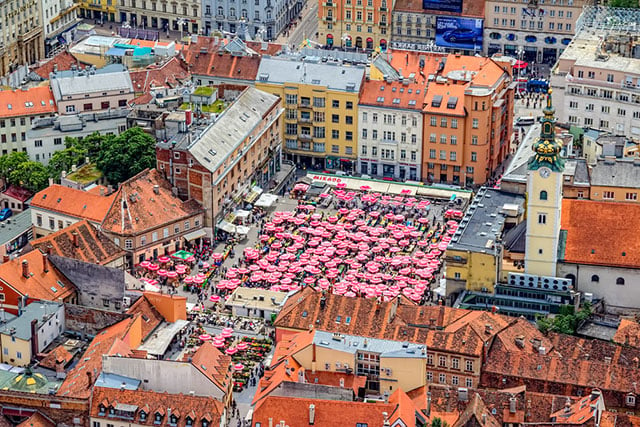Country’s pension system unsustainable unless it raises threshold: Experts

ZAGREB (Reuters) — The Croatian government proposed on Wednesday raising of the retirement age to 67 starting in 2033 and reducing pensions for an early retirement, saying it is an effort to make the pension system sustainable and pensions higher in the future.
It is a slight change from last month's initial proposal, when the government said it wanted to impose an extension of the retirement age to 67 from 2031.
"The changes are necessary as only 19 per cent of our current pensioners have 40 years of full working life behind them and the average working life is just 30 years. This will make our pension system sustainable in the long run and future pensions higher," Labour Minister Marko Pavic told a cabinet session.
The biggest local trade unions announced a protest against the proposal, to take place in the capital, Zagreb, on Oct. 20.
They say the new retirement law, which the parliament must adopt for it to take effect from Jan. 1, 2019, would hit older employees, who are often under pressure to retire earlier for health reasons or because employers want to get rid of older staff.
The current retirement age is 65 years for men and 62 for women, although women's retirement age is due to rise gradually over the next 12 years to 65.
The government also proposed a 4 percent pension reduction for each year of an earlier retirement, but it offered higher pensions for those who continue working despite being eligible to retire.
Pavic said those who have worked 41 years before the age of 67 will be able to retire earlier without having their pensions reduced.
Every year, the budget needs to finance about 17 billion kuna ($2.65 billion) from taxes to cover a gap in the pay-as-you-go public pension scheme, which costs about 39 billion kuna annually. Since 2002, Croats also have to put a percentage of their gross salaries into private pension funds.
The experts say that Croatia cannot make its pension system sustainable unless it raises the retirement age.




